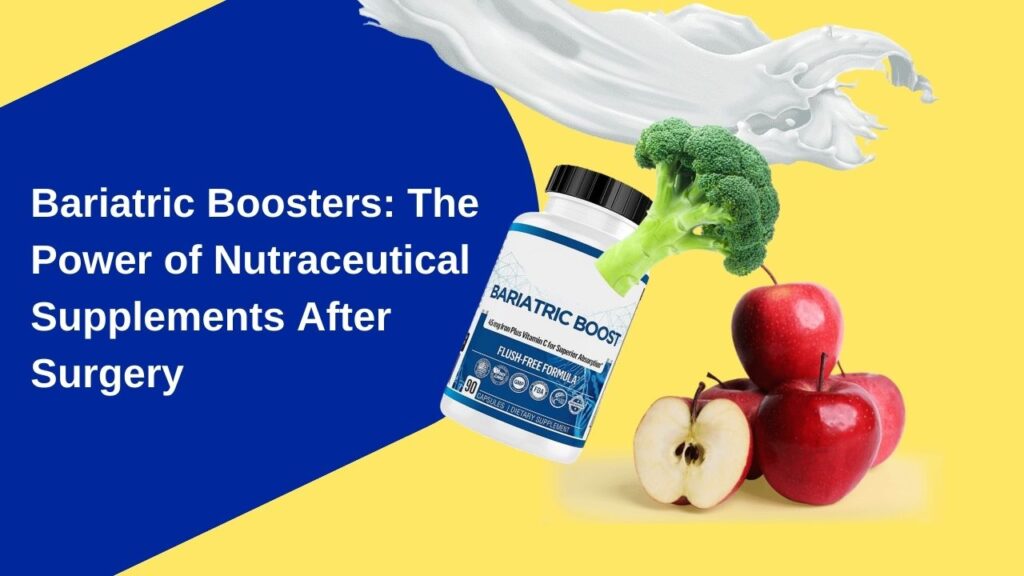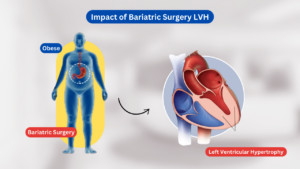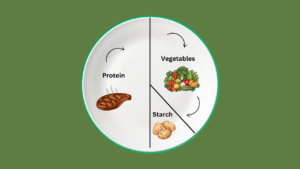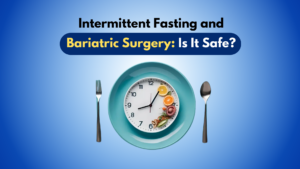
Vidhi Dave
Bariatric Dietician & Content Writer

Bariatric Boosters: The Power of Nutraceutical Supplements After Surgery

Are you thinking about having bariatric surgery or have you already had it? Congratulations for making the courageous decision to live a better and happier life! As you embark on this transforming path, it’s critical to provide yourself with the ultimate recovery tool: nutraceutical. Prepare to discover the key to long-term success and how nutraceutical can be your most useful friend on the way to wellbeing.
What Are Nutraceuticals?
Nutraceutical is a broad umbrella term that is used to describe any product derived from food sources with extra health benefits in addition to the basic nutritional value found in foods. It can be food or a part of food.
Nutraceuticals have numerous benefits, including enhancing health, delaying the ageing process, increasing life expectancy, and supporting the structure and functioning of the body. They are also utilised in the prevention and treatment of mental health difficulties and disorders.
There are a number of nutraceuticals, which, like other vitamins, primarily from the Vitamin B group, assist us to improve our energy. Furthermore, the Vitamin D group promotes physical activity. Vegans and vegetarians must make an effort to improve their B-12 intake because it is predominantly found in milk and meat, which they do not consume.
Nutraceutical Supplements Post Bariatric Surgery
Bariatric surgery is a powerful tool for weight loss (BMI > 30) when used along with behaviour modification and lifestyle changes.
Bariatric surgery works because it reduces the size of the stomach, allowing the patient to feel full in modest quantities. Some procedures may also limit calories. Even if you consume a very balanced diet, supplementation is necessary to ensure healthy, successful weight loss and to avoid nutritional shortages.
Many people prefer to take soft chewed multivitamin supplements and eat well after surgery to boost wound healing, reduce inflammation, and the overall recovery process. Supplements are given if a person’s diet is unable to provide adequate amounts of essential nutrients like vitamins and minerals, supplements can be used to bridge the gap and prevent deficiencies.
Nutraceutical Apart from Supplements
Do you know there are some nutraceuticals which we consume in our day-to-day life or must be consumed in our daily life? Let’s find out the some of the hidden nutraceuticals in our daily life
Green Tea Extract: Green tea extract is one of the most potent and well-known herbal extracts in the market. Green tea is an antioxidant that provides vitamins and nutrients to the skin, slowing the ageing process and protecting it from oxidative stress and environmental harm. It has also been used to improve the body’s ability to burn fat, promote fat oxidation, and boost thermogenesis.
Ginseng: Traditionally, ginseng has been used to balance the gastrointestinal tract, control hunger, improve circulation, lessen stress, cleanse and nourish the skin, balance the central and peripheral nerve systems, and stabilise blood sugar. It also has a natural energising effect.
Fennel: This aromatic culinary herb’s anti-inflammatory and antioxidant characteristics make it a tremendous health asset. When consumed as a dietary supplement, fennel’s high vitamin and mineral content works as a natural hunger suppressant.
Isabgol: Isabgol, sometimes referred to as psyllium husk, is the seed of the Plantago ovata plant. The plant features a large, wheat-like flower-like structure that stores psyllium seeds. Isabgol is water soluble fibre. It is used for managing intestinal regularity, reducing appetite. Another health benefit of Isabgol is it has a natural gelatin substance that slows down the process of breaking down & absorption of glucose in our body.
Whey Protein: Compared to other proteins like casein and soy, whey protein (WP) can induce a higher amount of muscle protein synthesis because of its high content in branched chain amino acids. Protein consumption is important for a speedy recovery following any type of surgery. Protein helps in the healing of wounds and the preservation of muscles following surgery. Protein also helps people feel fuller for longer and prevent consuming too many calories.When calorie intake is extremely low following bariatric surgery, especially in the initial few months, it is especially crucial that patients should consume protein as per his/her body weight. Therefore post bariatric surgery, dietitians incorporate protein in your diet. Other health benefits of Whey protein are by regulating hunger and the plasma levels of satiety hormones such insulin, ghrelin , and glucagon-like peptide, it may be an effective tool in the fight against obesity.
It is crucial to note that a bariatric diet is not usually used as the sole treatment for obesity, but rather as part of a complete weight loss program that may also include additional modifications such as exercise, balanced diet and taking supplements as prescribed by the bariatric surgeon and not forget that Obesity is the main culprit for all the other health related diseases like sleep apnea, diabetes, hypertension.







